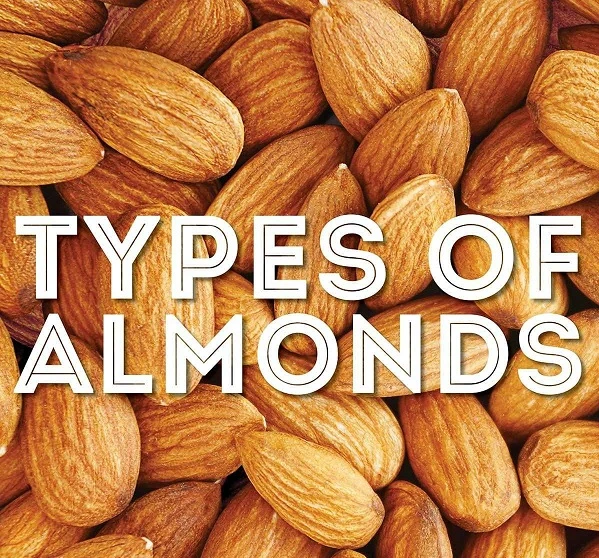Types of Almonds
In terms of taste, there are different varieties of almonds, each with its unique properties. Here, we introduce three types: bitter, wild, and sweet:

Bitter:
Due to compounds that give it a bitter taste, bitter almonds are used in various culinary applications. They are commonly used in the food industry to prepare various desserts and confectioneries. Additionally, they extract is used as a natural ingredient in the production of perfumes and essences.
Wild:
It also known as "bitter wild almonds" or "prunus," these are among the wild species found in southwestern Asia and northwestern Africa. This species, typically recognized by its distinct appearance and usually shorter tree compared to sweet almonds, is used locally in the preparation of traditional foods and local cuisines.
Sweet:
They known for their delicious taste and prominent nutritional characteristics, hold an important place in human nutrition. This type grows in tropical and subtropical regions. With their soft, tasty skins, they are a rich source of nutrients. They are widely used in the preparation of various food products, pastries, snacks, and healthy snacks. Additionally, their extract is used in the cosmetics industry as a softening and repairing agent for the skin.